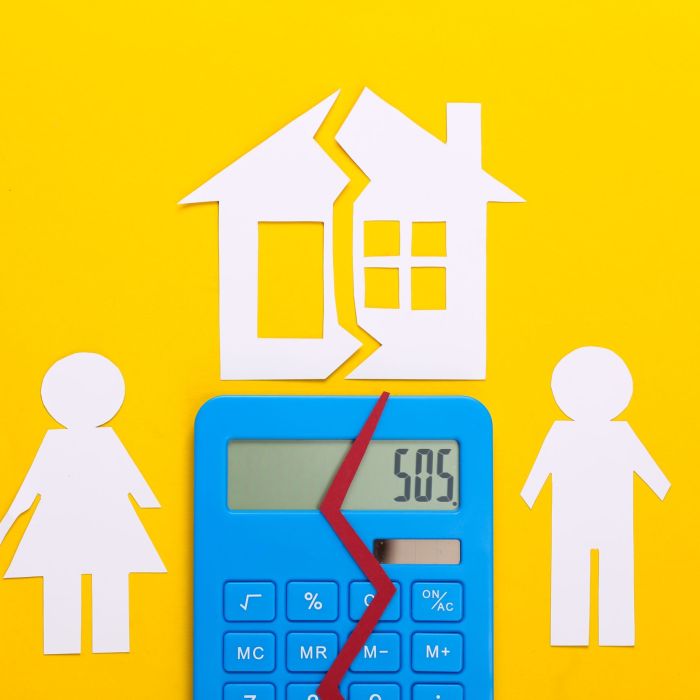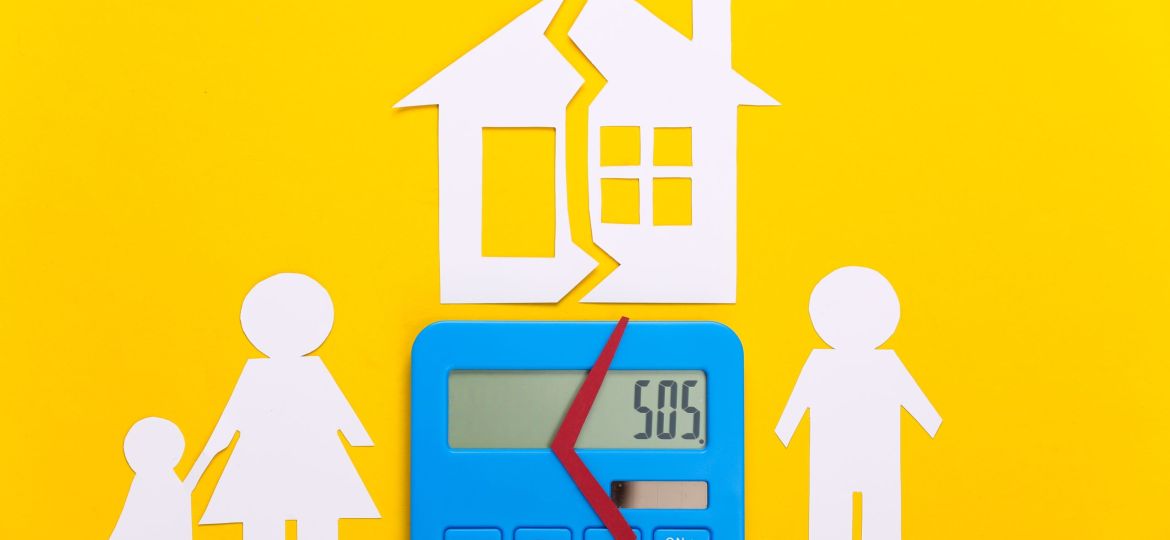Selling Your Home: Should You Choose a Low-Commission Real Estate Agent?
Selling a home is a significant financial decision, and naturally, you’ll want to maximize your profit. After all, your home is likely one of your biggest financial assets. Whether you’ve recently renovated the kitchen or plan to use the proceeds for retirement, most sellers want to pocket as much as possible. To achieve this, some sellers turn to low-commission real estate agents, hoping to minimize fees and increase their bottom line.
But is a low-commission agent the right choice for you? Let’s dive into the pros and cons so you can make an informed decision that aligns with your goals.
Understanding Low-Commission Real Estate Agents
Low-commission agents charge less than the industry standard, which typically ranges from 5-6% of the sale price. However, recent shifts in compensation structures have created more flexibility in commission rates. In some cases, commissions are negotiated directly between the buyer’s agent and the seller, potentially reducing the seller’s fee to as low as 2-3%.
Some agents may offer commission rates as low as 1-1.5%—a tempting option for sellers looking to save.
The Average Commission in Real Estate
Traditionally, real estate commissions have hovered around 5-6% of the sale price. This is usually split between the listing agent and the buyer’s agent. While these rates have remained steady for years, the landscape is evolving, and today, buyers may be able to negotiate commissions directly with their agents, which could reduce seller-paid fees to 2-3%.
Despite these changes, many agents still charge the traditional rates, and you’ll find varying commission rates depending on the agent and market.
How Much Can You Save with a Low-Commission Agent?
If you’re curious about the potential savings, let’s break it down. Here’s a comparison of commission fees for different sale prices:
| Home Sale Price | Traditional Agent (6%) | Listing Agent Fee (3%) | Low Commission (2%) | Savings |
|---|---|---|---|---|
| $150,000 | $9,000 | $4,500 | $3,000 | $6,000 / $1,500 |
| $200,000 | $12,000 | $6,000 | $4,000 | $8,000 / $2,000 |
| $250,000 | $15,000 | $7,500 | $5,000 | $10,000 / $2,500 |
| $300,000 | $18,000 | $9,000 | $6,000 | $12,000 / $3,000 |
| $350,000 | $21,000 | $10,500 | $7,000 | $14,000 / $3,500 |
| $400,000 | $24,000 | $12,000 | $8,000 | $16,000 / $4,000 |
| $450,000 | $27,000 | $13,500 | $9,000 | $18,000 / $4,500 |
| $500,000 | $30,000 | $15,000 | $10,000 | $20,000 / $5,000 |
| $1,000,000 | $60,000 | $30,000 | $20,000 | $40,000 / $10,000 |
| $1,500,000 | $90,000 | $45,000 | $30,000 | $60,000 / $15,000 |
| $2,000,000 | $120,000 | $60,000 | $40,000 | $80,000 / $20,000 |
As you can see, the savings can be substantial depending on your home’s sale price, ranging from $1,500 to $20,000 or more.
The Risks of Low-Commission Agents
While low-commission agents offer savings, they also come with potential downsides. Here’s what you should consider:
Limited Service: Low-commission agents often rely on high sales volume to maintain their income. This can result in less time spent on your sale, fewer resources for marketing, and limited support throughout the process.
Double Agency Risks: Be wary of agents who represent both the buyer and the seller (a practice known as dual agency), which is illegal in some states. This can create conflicts of interest and undermine the agent’s ability to fully advocate for both parties.
Lower Sale Prices: A discounted agent might not secure the highest possible sale price for your home. Expert agents have strong negotiation skills, local knowledge, and established networks that can lead to higher offers. By hiring an experienced agent, you might achieve a higher sale price, outweighing the savings on commissions.
Reduced Exposure: A low commission may discourage buyer’s agents from showing your home, particularly if the commission rate is too low to incentivize them.
Sale Complications: High-volume agents may not be as invested in the finer details of your transaction. If issues arise, a lack of attention to the deal could delay or jeopardize the sale.
Other Home Sale Options
If a low-commission agent doesn’t sound like the right fit, consider these alternatives:
For Sale By Owner (FSBO): Selling your home without an agent can save on commission fees, but it also means handling all the responsibilities, from pricing to negotiations, on your own.
Cash Buyers: Some companies offer all-cash deals for homes, providing fast sales. However, these offers are often lower than market value and may include additional fees.
iBuyer Platforms: These platforms use technology to make quick, cash offers on homes, typically for properties in good condition. However, the offers tend to be below market value.
Traditional Agents: A full-service agent may charge a standard commission but offers comprehensive services, including expert pricing, marketing, and negotiation, ensuring a smooth selling process.
Final Thoughts
Choosing a low-commission real estate agent can save you money upfront, but it’s essential to weigh the potential drawbacks, such as limited service, reduced sale price, and lower visibility. Before making a decision, consider your priorities—whether that’s minimizing fees or maximizing your sale price. Whatever you choose, be sure to do your research and find an agent who aligns with your needs and goals.









